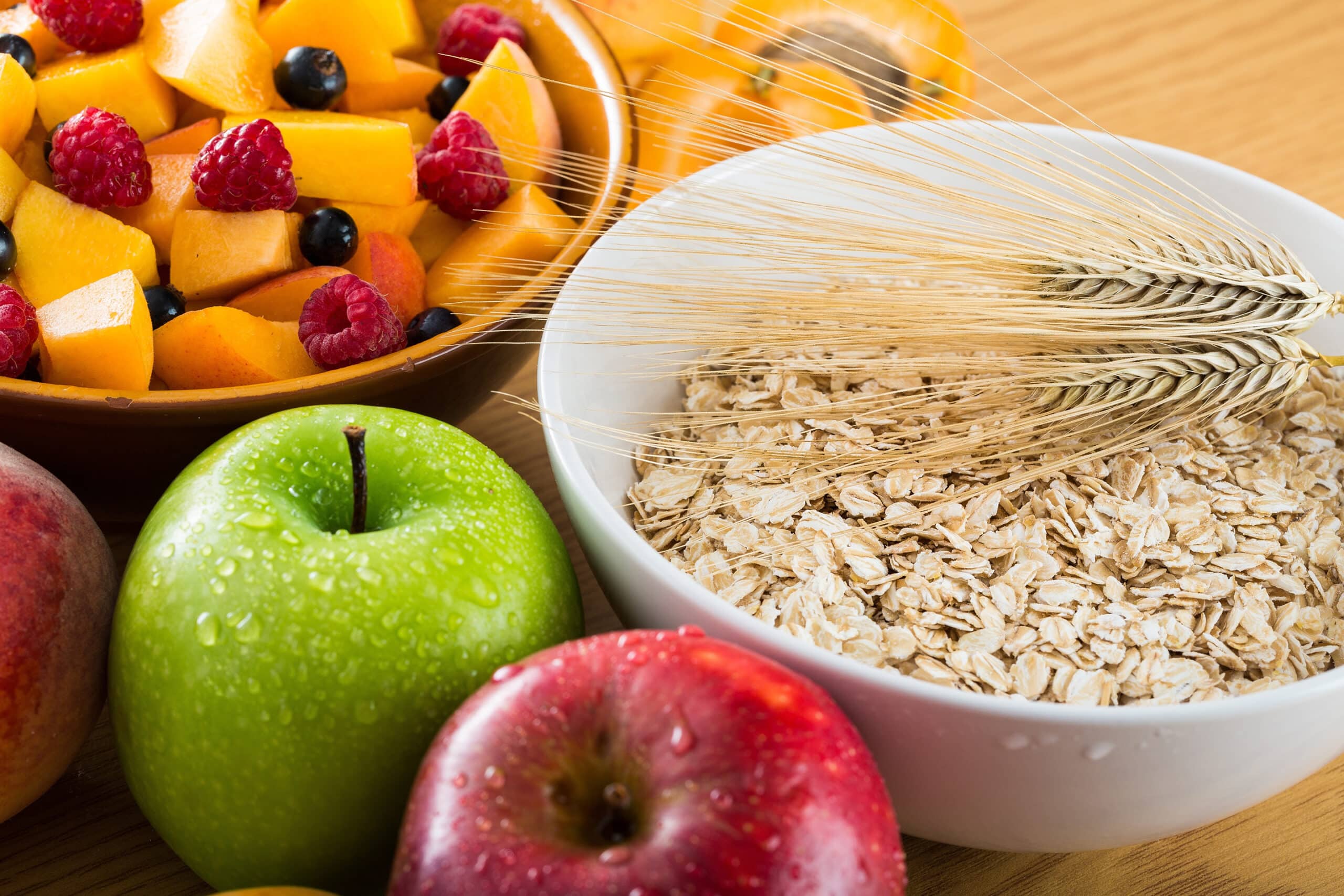This study involved close to 55,000 adults in Denmark without a history of stroke who were divided into groups depending on what they consumed for breakfast which was either: eggs; white bread; yogurt; or oatmeal. Health of the participants was followed for close to 14 years, during which time 2,260 participants experienced a stroke.
Those who consumed more oatmeal and less eggs and white bread were found to be 4% less likely to have a stroke, those who replaced yogurt with oatmeal were not found to have any changes in their risk for stroke.
“Our results indicate that shifting more people to choose oatmeal instead of white bread or eggs might be wise for population-level prevention of stroke, but the modest association means that for individuals, it is quite possible that other factors might be more important,” Christina Dahm, senior study author at Aarhus University in Denmark, told Reuters.
“Cholesterol is a risk factor for ischemic strokes, and our results were stronger for ischemic stroke, which could indicate that the cholesterol-lowering effect of eating oats may have long-term impact on risk of ischemic stroke,” Dahm said.
According to the researchers oatmeal may have potentially reduced the risk of stroke because of the effects on cholesterol levels; participants who replaced 1 weekly serving of eggs or white bread to oatmeal were found to have a 5% lower risk of ischemic stroke, but there may have been other factors that helped the oatmeal group avoid strokes.
According to Michael Hill of the University of Calgary those who switch to oatmeal followed a healthier diet, “If true, this would mean that eating oatmeal just identifies a population of people who are healthy, rather than having a direct effect on the pathological processes leading to stroke,” he explained.
It was noted that this study did not determine how oatmeal directly caused changes within the body that may have led to decreased risk of stroke.




